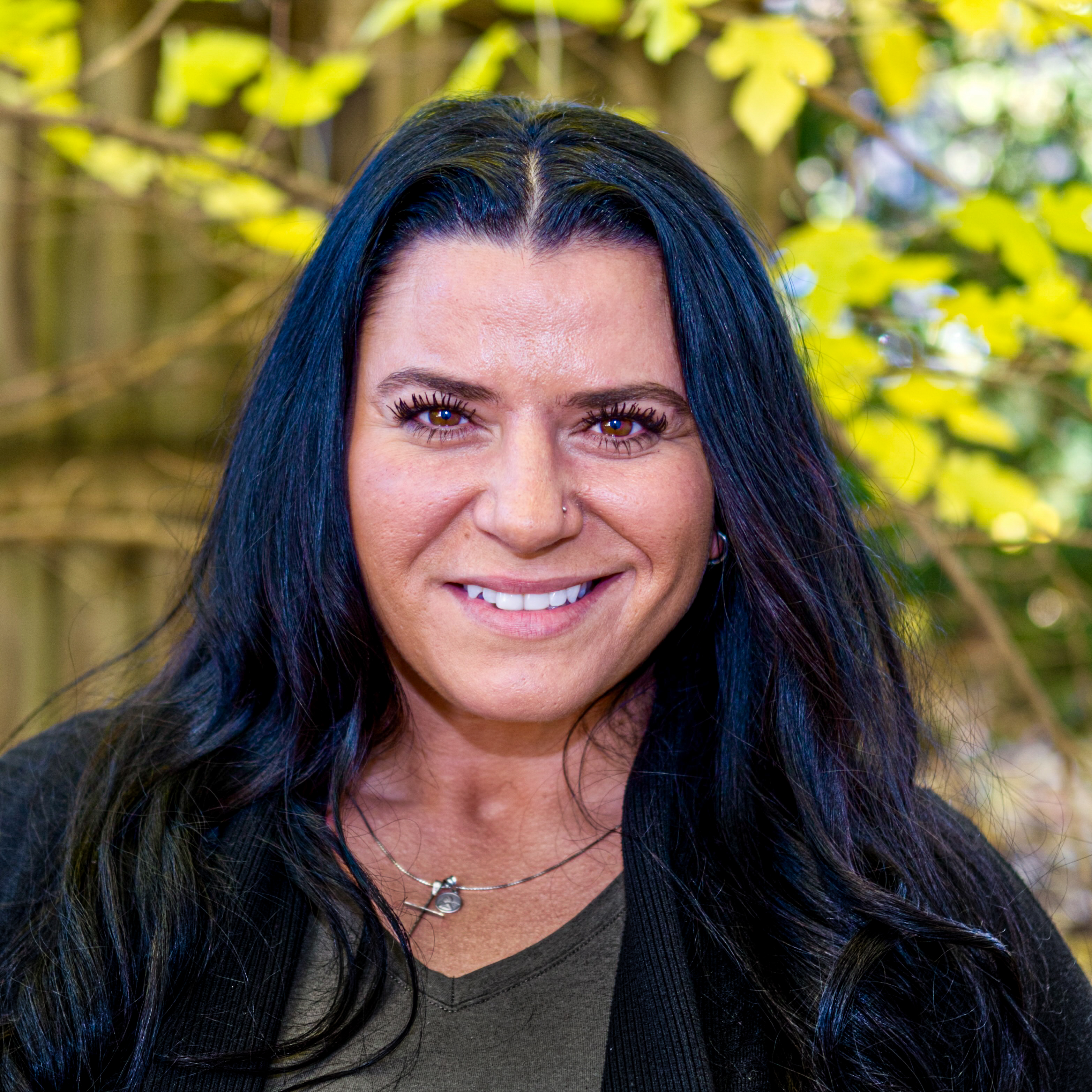Domestic Violence
What is it?
Domestic violence is estimated to affect as many as 1 in 4 women and 1 in 9 men. It’s defined as the aggressive mistreatment of a family member or intimate partner.
3 Reasons Why it Matters
- This kind of abuse can be physical, sexual, verbal, emotional, or psychological.
- Every person deserves to feel safe, respected, and able to trust the people they live with.
- There are many resources available for sufferers of domestic violence. If you have no one to talk with, call 800-799-7233. Call this hotline for help as soon as you are alone and safe.
Therapists
These are our therapists who are experienced in working with Domestic Violence.

